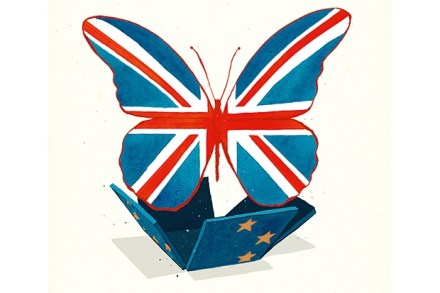Unforgiven
Now that almost six months have passed since the EU referendum, might it be time for old enemies to find common ground? Matthew Parris and Matt Ridley, two of the most eloquent voices on either side of the campaign, meet in the offices of The Spectator to find out. MATTHEW PARRIS: Catastrophe has not engulfed us yet, it’s true. But I feel worse since the result, rather than better. I thought that, as in all hard-fought campaigns, you get terribly wound up and depressed when you lose. Then you pick yourself up, dust yourself down and start all over again. But my animosities — not just towards the Brexit




















